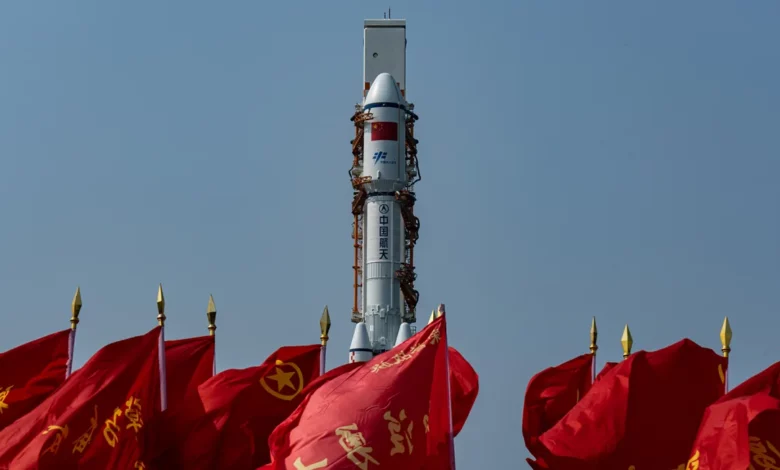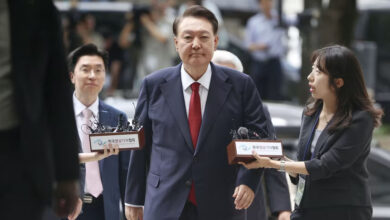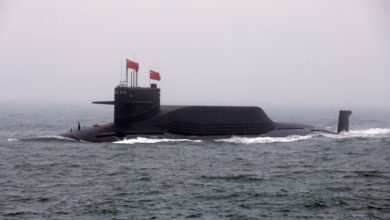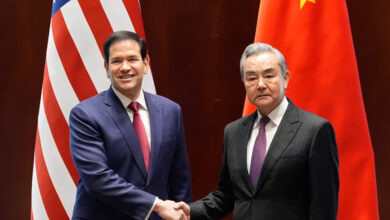
The Chinese People’s Political Consultative Conference (CPPCC) removed Wang Xiaojun at a meeting in Beijing on Monday – just a year after he was appointed a member, state news agency Xinhua reported, without offering an explanation.
Wang, 54, until recently led the China Academy of Launch Vehicle Technology (CALT), a prestigious state-run institute known as the birthplace of China’s aerospace industry.
The CALT touts itself as the nation’s “oldest and largest base for the development, testing and production of missile weapons and launch vehicles,” according to its official website.
Wang spent his nearly three-decades-long career designing rockets at the CALT, a subsidiary of the main contractor of the Chinese space program, the state-owned China Aerospace Science and Technology Corporation.
Wang’s dismissal from the elite political body is the latest shakeup in China’s military-industrial complex. In December, three aerospace executives, including the chairman of China Aerospace Science and Technology Corporation – were stripped of their roles in the CPPCC.
Two days later, nine high-ranking People’s Liberation Army officers were ousted from the country’s top legislature. Five of them are linked to the Rocket Force, an elite branch built up by Chinese leader Xi Jinping to oversee the development of the nation’s nuclear and ballistic missiles.
No reason was given for the expulsions in December, but experts who have long studied China’s military point to a corruption purge as the likely cause – possibly over the procurement and development of equipment for the Rocket Force, a highly secretive and lucrative field flushed with billions of dollars of funding that makes a fertile ground for graft.
In July, the Rocket Force abruptly replaced its two leaders, the commander and the political commissar, with no explanation.
Wang, who became a CPPCC member only in January last year, is known for leading the development of the Long March 7, a new-generation rocket designed to launch cargo spacecraft to China’s Tiangong space station.
In a glowing profile in 2016, Xinhua said Wang had “make important contributions to the sucess of our country’s first manned space flight and the realization of the Chinese nation’s thousand-year dream of flying to space.” He also received multiple state awards, the report said.
In February last year, Wang penned an article in the ruling Communist Party’s flagship mouthpiece the People’s Daily, extolling Xi for his “important strategic plans” to accelerate efforts to build China into “a powerful aerospace nation.”
Xi’s instructions “point out the way forward for our country’s aerospace science and technology to achieve high-level self-reliance,” Wang wrote.
The scientist’s last known public appearance was in June, when he visited the southern province of Hunan and met with top provincial officials to discuss coopeartion, according to the CALT’s website.
Wang has since been replaced as the CALT’s director.
Founded in 1957, the CALT’s inaugural director was Qian Xuesen, a national hero known as the father of China’s missile and space program. Under Qian, it made China’s first ballistic missile, the Dongfeng-1, which was modeled after a Soviet short-range missile and tested successfully in 1960.




